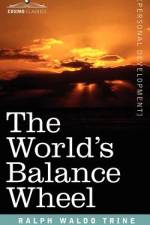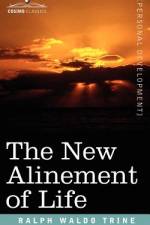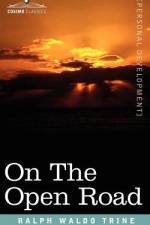av Ralph Waldo Trine
187
Ralph Waldo Trine was a philosopher, mystic, teacher, and author of many books. He was one of the early mentors of the New Thought Movement. His writings had a great influence on many of his contemporaries including Ernest Holmes, founder of Religious Science. He was a true pioneer in the area of life-transforming thought. No other New Thought author has sold more books than he, his writings reaching far beyond New Thought circles out to the general public. He began his writing career in his early 30s. He was much influenced by the writings of Fitche, Emerson, and the Scottish scientist/evangelist, Henry Drummond, his "What All the World's A-Seeking" expanding on a number of the themes covered in Drummond's inspirational classic, "The Greatest Thing in the World." His remarkable seminal book, "In Tune with the Infinite" was launched in 1897 and went on to sell over two million copies, and has stood the test of time for over a century. Within the pages of "In Tune With the Infinite," offers perennial truths that have been restated in many other forms in recent years, though perhaps never so clearly. By recognizing the power of our thoughts and by harmonizing our own with the Divine will, we will attract perfect peace, health, love, prosperity and success. It is always a source of gratitude, as well as of inspiration for better and more earnest work in the future, for one to know that the truths that have been and that are so valuable and so vital to him he has succeeded in presenting in a manner such that they prove likewise of value to others. The author is most grateful for the good, kind words that have come so generously from so many hundreds of readers of this simple little volume from all parts of the world. He is also grateful to that large company of people who have been so good as to put the book into the hands of so many others. And as the days have passed, he has not been unmindful of the fact that he might make it, when the time came, of still greater value to many. In addition to a general revision of the book, some four or five questions that seemed to be most frequently asked he has endeavored to point answer to in an added part of some thirty pages, under the general title, "Character-building Thought Power." The volume enters therefore upon its fifteenth thousand better able, possibly, to come a little more directly in touch with the every-day needs of those who will be sufficiently interested to read it.


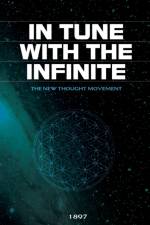
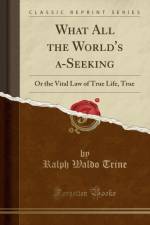
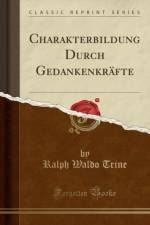


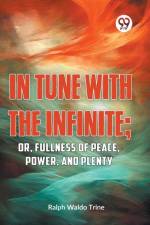







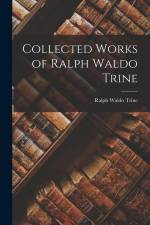


![Through the Sunlit Year [microform]: a Book of Suggestive Thoughts for Each Day Through the Year af Ralph Waldo Trine](https://cdnbackdoor.tales.as/thumbnail/150x225/products/00161/68816/through-the-sunlit-year-microform-a-book-of-suggestive-thoughts-for-each-day-through-the-year.jpg)
